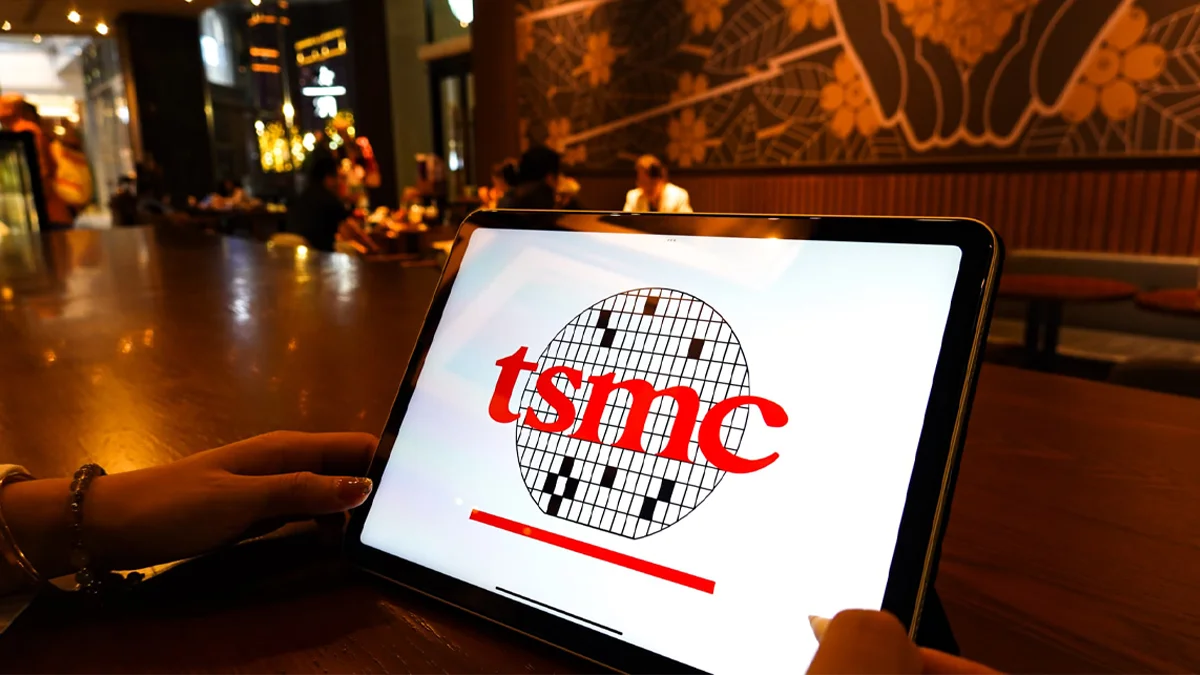Necessary Always Active
Necessary cookies are required to enable the basic features of this site, such as providing secure log-in or adjusting your consent preferences. These cookies do not store any personally identifiable data.
|
||||||
|
||||||
|
||||||
|

Taiwanese Semiconductor Manufacturing Company (TSMC) saw a remarkable 54% increase in profit for Q3, 2024. According to CNBC, this surge is due to the increased TSMC AI chip demand, because of the rise in AI applications across industries. As the world’s largest contract chipmaker, TSMC’s technology is essential for running everything from smartphones to AI-driven tools, making it a key player in the rapidly evolving semiconductor market.
The release of the TSMC profit also happened only a week after Netherlands based ASML report on low sales, so it lowered its stocks. However, it has been able to grow through the advancement that has been due to the increased demand for TSMC AI chips.
During the earnings call TSMC Chief Financial Officer Wendell Huang said, “Based on the current business outlook, we expect our fourth-quarter revenue to be between $26.1 billion and $26.9 billion, which represents a 13% sequential increase or a 35% year-over-year increase at the midpoint.”
In a statement, TSMC said, “Our business was supported by strong smartphone and AI-related demand for our industry leading 3nm and 5nm technologies.”
TSMC is the largest contract chipmaker in the world with clients like Apple, Nvidia, and Qualcomm amongst others. According to Reuters, TSMC’s Q3 profits came in at $9.27 billion, with net income reaching 325.3 billion Taiwanese dollars, surpassing the LSEG forecast of 300.2 billion Taiwanese dollars.
As a result of this TSMC’s shares showed a record high of 6.62% in premarket U.S. trading. This has placed the Taiwanese Manufacturer at a strong position in the industry.
TSMC’s Taipei-listed shares have also seen an 80% high which is more than the market which has only recorded 28.57% gains.
As part of its expansion strategy in Arizona, TSMC has now announced that it intends to invest $65 billion to construct three additional plants. This goes on to elaborate on how competitive the industry has become as it comes after Foxconn and Nvidia announced their collaboration for open the biggest super chip manufacturing unit in Mexico.
Additionally, the company recently opened its first factory in Japan. These moves reflect its strategy to meet the growing demand for TSMC’s AI chips, which have become essential for a wide range of applications beyond traditional computing, from smartphones to sophisticated AI-driven systems.